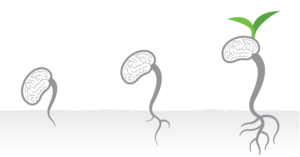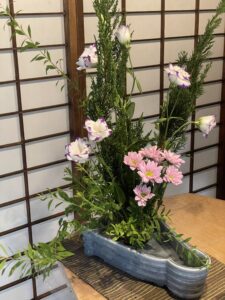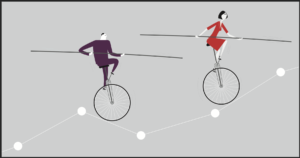
We often hear the phrase perception is reality. We learn early on that we cannot perceive reality directly; perception is all we have. “If a tree falls in the woods…..”
As leaders, we transfer this rule into behaviors, i.e., how we perceive a product becomes what it is. How we perceive a person or a company’s reputation is who they become to us. And organizational experts tell us how we are perceived at work becomes reality for our peers, subordinates, and bosses.
Yet, perception is often far from reality.
An example from the physical world, without knowing the time, darkness can be perceived as night or a storm.
A personal human interaction example. A while back, I attended a gathering of coaches designed for learning and connectivity. On the first day, we did an exercise that was to be a “fun” icebreaker. Hmm, well, at least it was fun for the extroverts; for the introverts, it was uncomfortable rather than a light exercise.
When I checked in with one of my fellow introverts, I was reminded of how misaligned perceptions can be. I asked my friend why it seemed that he didn’t recognize me when we passed each other several times during the exercise, and he responded, “Wow, I didn’t even see you; I was just trying to get through it.” On that day, my perception was that he wasn’t interested in engaging with me. His reality was that he was so uncomfortable with the exercise that he disengaged completely.
Another way to say this: perception is about us, reality is about the other person.
The learning for me…
Ask a question and seek to understand the reality beyond our perceptions, and life will hold some lovely surprises.







 The initial results of my Pivot are excellent. I feel I have much greater clarity regarding the next 3-5 years..
The initial results of my Pivot are excellent. I feel I have much greater clarity regarding the next 3-5 years..  John Yerger
John Yerger